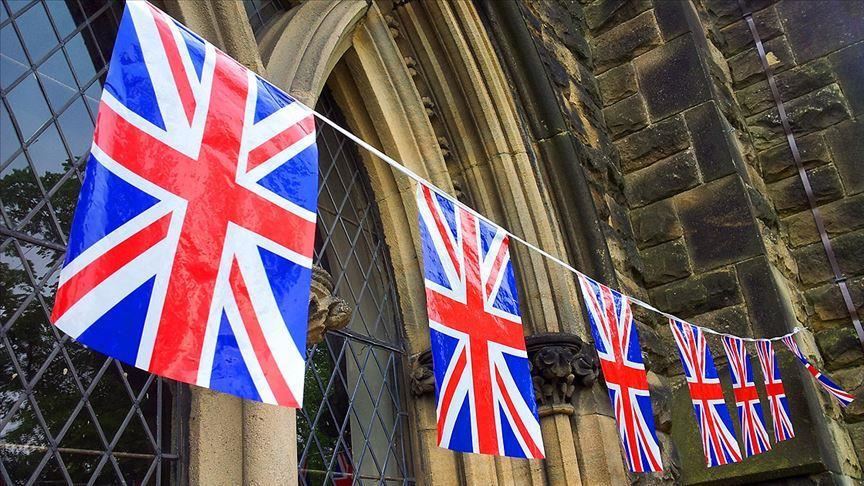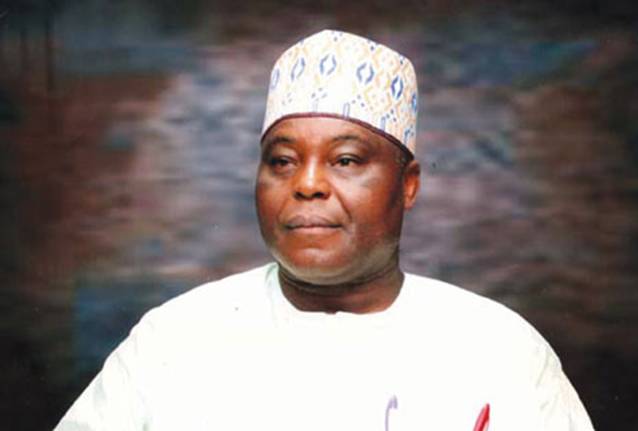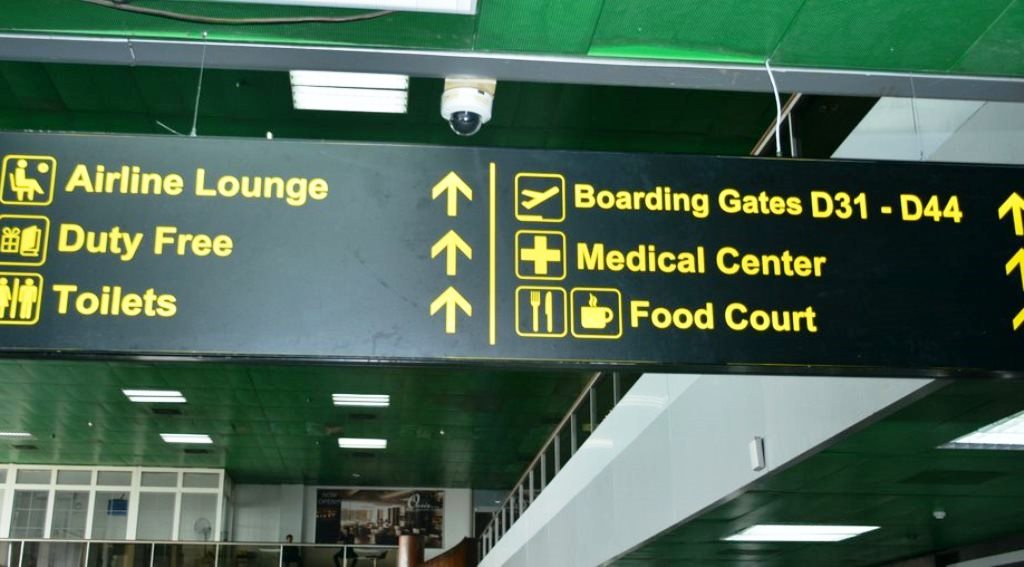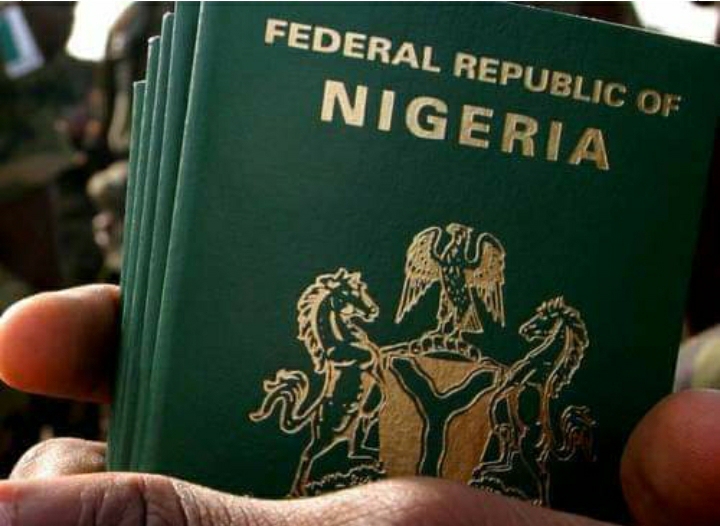Britain’s biggest strike in a decade got under way on Wednesday, with up to half a million workers walking out in increasingly bitter disputes over pay, jobs and conditions.
Members of seven trade unions are taking industrial action, affecting schools, universities, trains and buses.
Thousands of schools closed for the day because of action by the National Education Union (NEU), although many parents only found out on Wednesday morning that their children would have to stay at home.
Civil servants, train and bus drivers and university staff also stopped work on the biggest single day of strikes in a decade.
Picket lines were mounted outside railway stations, schools, government departments and universities across the country, with unions saying they were receiving strong support from the public.
More than 100,000 members of the Public and Commercial Services (PCS) union were on strike, including Border Agency staff at ports and airports.
The Trades Union Congress (TUC) is frustrated by the government’s controversial plans for a new law on minimum levels of service during strikes.
A petition against the law, signed by more than 200,000 members of the public, will be handed in to the prime minister’s office.
TUC general secretary Paul Nowak, said he hoped Wednesday’s protests and strikes would send a strong message to the government about the anger felt by growing numbers of workers.
Groups representing parents have released a joint statement in support of striking teachers.
The statement signed by the parental organisations Save Our Schools, Rescue Our Schools, Let Our Kids Be Kids, Special Needs Jungle and Square Peg makes clear that parents support teachers in their demand for “fair pay”.
The groups said they shared the concerns of educators that children’s education were being harmed because of a lack of qualified teachers and turnover of staff.
They called on the Government to engage with the union to negotiate a settlement and avoid the industrial action.










